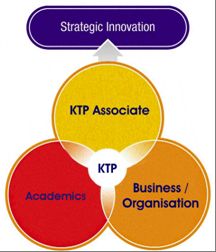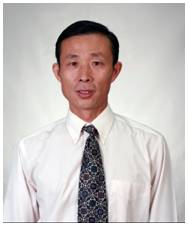The conference entitled ‘Fusion in Action: Knowledge exchange with students, society and the professions’ is firmly grounded in the context of Vision & Values and seeks to illustrate Fusion at its best.
The conference will include contributions from staff and students through a combination of presentations, demonstrations and discussions.
The conference aims to showcase examples of staff engaged in academic and/or research-led activities associated with the professions and wider society and to identify:
- · how this helps create a unique academic experience for staff and students at BU
- · how students and staff can share in the learning experience
- · how such knowledge exchange can foster innovative learning experiences, pedagogic developments and research activities.
This half-day conference replaces the previous Education Enhancement Conference and Research Conferences held in previous years.
Proposals for papers, poster presentations, discussion groups and/or demonstrations related to the theme are now invited. These should be submitted to: fusionconference@bournemouth.ac.uk by Wednesday 7 March using the abstract form here: http://www.bournemouth.ac.uk/staff_new/edq/conferences/staff_conferences.html
If you wish to discuss possible contributions, please contact Julie Northam on extension: 61208 or Jennifer Taylor on extension: 61271 in the first instance.
The conference is open to all staff contributing to the delivery of programmes and research activities at BU and partner locations and will also involve presentations from the University Executive Team and members of the Students’ Union.













 The “Collaboration Tools for Academics” project has been looking to deliver a useful set of services to the academic community.
The “Collaboration Tools for Academics” project has been looking to deliver a useful set of services to the academic community. 










 Connecting Research with Practice: FoodMAPP Secondment in Austria and France
Connecting Research with Practice: FoodMAPP Secondment in Austria and France Health promotion paper read 8,000 times
Health promotion paper read 8,000 times The Beautiful Work Challenge: On Birth
The Beautiful Work Challenge: On Birth Free event on Solutions to Inequalities in Dementia Diagnosis and Care
Free event on Solutions to Inequalities in Dementia Diagnosis and Care MSCA Postdoctoral Fellowships 2025 Call
MSCA Postdoctoral Fellowships 2025 Call ERC Advanced Grant 2025 Webinar
ERC Advanced Grant 2025 Webinar Horizon Europe Work Programme 2025 Published
Horizon Europe Work Programme 2025 Published Horizon Europe 2025 Work Programme pre-Published
Horizon Europe 2025 Work Programme pre-Published Update on UKRO services
Update on UKRO services European research project exploring use of ‘virtual twins’ to better manage metabolic associated fatty liver disease
European research project exploring use of ‘virtual twins’ to better manage metabolic associated fatty liver disease